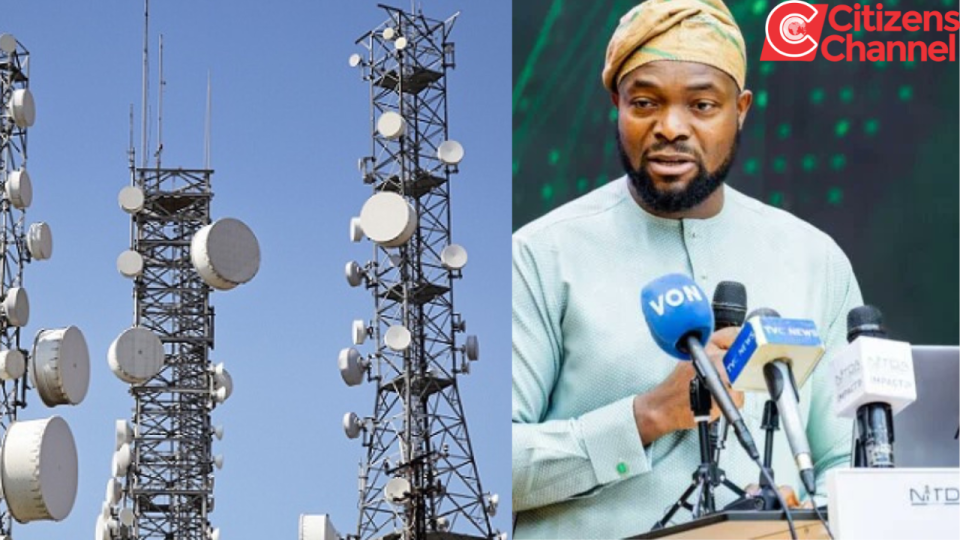The federal government has proposed a 30-60% increase in telecom tariffs to ensure the sustainability of the critical telecommunications sector, while maintaining affordability for Nigerians.
Dr. Bosun Tijani, the Minister of Communications and Digital Economy, disclosed this during an interview on Channels Television yesterday, stating that the government had received recommendations from independent consultants, including KPMG, regarding the proposed tariff adjustments.
While rejecting demands from operators for a 100% hike, Dr. Tijani emphasized that the government is considering a more moderate increase to strike a balance between consumer affordability and the continued growth of the telecommunications sector.
He said: “The telecommunications sector contributes over 16 per cent to our GDP, employs thousands of Nigerians, and is essential to the nation’s digital economy.
“However, it is crucial to ensure that services remain accessible while maintaining the sector’s viability.”
Dr. Tijani further highlighted that the tariff review process would prioritize consumer interests and sector sustainability, with oversight from the Nigerian Communications Commission (NCC), which is utilizing data-driven analysis in its recommendations.
On the issue of rural connectivity, Dr. Tijani revealed the government’s efforts to improve infrastructure, stating: “To address connectivity challenges in underserved areas, the government is deploying 90,000 kilometers of fiber-optic networks and building telecom towers in remote regions through Special Purpose Vehicles, SPVs.”
The minister also emphasized Nigeria’s growing leadership in global telecommunications infrastructure resilience, particularly in managing submarine cable disruptions.
He reiterated the government’s commitment to harmonizing taxes and recognizing telecom infrastructure as critical national assets.
Assuring Nigerians of improved service delivery, Dr. Tijani said operators would be held accountable for service disruptions.
“We are implementing measures to ensure swift resolutions to service interruptions and better experiences for consumers,” he added.
“We are committed to ensuring meaningful connectivity for all Nigerians—25 Mbps in urban areas and 10 Mbps in rural areas—while fostering a sustainable environment for private and public investments,” Dr. Tijani concluded.



